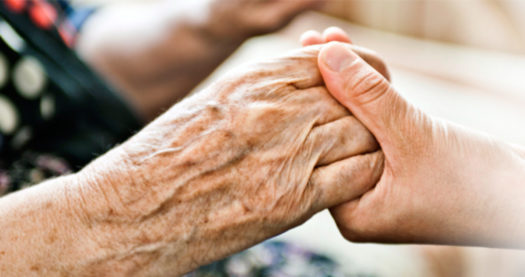Family heirlooms, furniture pieces passed down from previous generations, sentimental gifts, purchases during a special vacation, or just a collection of items that have a special appeal can accumulate over a lifetime. One can also find his or her closets, storage rooms, garages, attics, and even rented spaces are overflowing with stuff. It is easier to justify keeping all of it than to deal with the overwhelming task of sorting through all of it and making decisions about keep, sell, trash, or donate.
For many of us, there exists an emotional attachment to many of these things. We have a fondness for the memories that are associated with the item or how it was acquired. Many of our parents and grandparents lived during the Depression or other times of hardship. They began accumulating things because they hated going without or being poor. Many of these people look at having things as comforting and sign of status and accomplishment.

There are some extremes of people who get an adrenaline rush from the thrill of buying something and cannot control the urge. Many of them also have difficulty throwing things away. This behavior can be extremely problematic and lead to hoarding. In those extreme cases, a trained psychologist would be necessary to help these people understand they have a problem and get the counselling necessary to get control over the situation.
The younger generations have not typically gotten as attached to things as us “seasoned life” people . The millennials and Generation X group have a minimalist attitude. They desire freedom and seek the thrills in the here and now. Being tied down by stuff is not desirable. If it doesn’t fit in a backpack or compact car, it isn’t their cup of tea. They enjoy a more spontaneous lifestyle. If the seasoned life generations think that our kids and grandchildren want all of our stuff, we are grossly mistaken.
Don’t assume that those cherished items you have collected all these years will be loved and appreciated by other family members. If you think it is overwhelming to sort through and make decisions about your things, try to imagine what it must be like for someone else to be put in the situation to do it for you. Divorce, illness, accidents, or death can occur to anyone anytime. These events can shift the burden of responsibility to a loved one.
If you have been reading my series of blogs, you know that this is my situation. It actually goes back even before Mother’s stroke. My father had varied interests and hobbies, which resulted in a large collection of items. When he became ill, Mom and I both tried to convince him he should take control of selling off his collection while he still could. No one knew the value and history as well as he – nor had the connections. He refused to let them go. When he passed away, my mom was now left in the position to take care of it. It took a while, but with the help of my brother and some of his knowledgeable friends, she was able to sell almost all of his collection.
You would think that from this experience, my mom would be more agreeable in downsizing some of her things. Not the case! I tried for years to get her to cut back on continuing to acquire more of the things for which she had a weakness. It didn’t happen. She would laugh it off and say that I can get rid of them after she is gone. Every closet, cabinet, storage room, and nook in her home was crammed with this collection.
Now that she has made the decision to move into my new home, the amount of stuff she can bring will be limited. Due to her physical condition, the work of sorting, packing, moving, selling, and discarding her things will be left to me and my siblings. Of course, Mom will be involved in much of the process, but I know it will not be easy for her to decide. The downsizing process begins this weekend.

